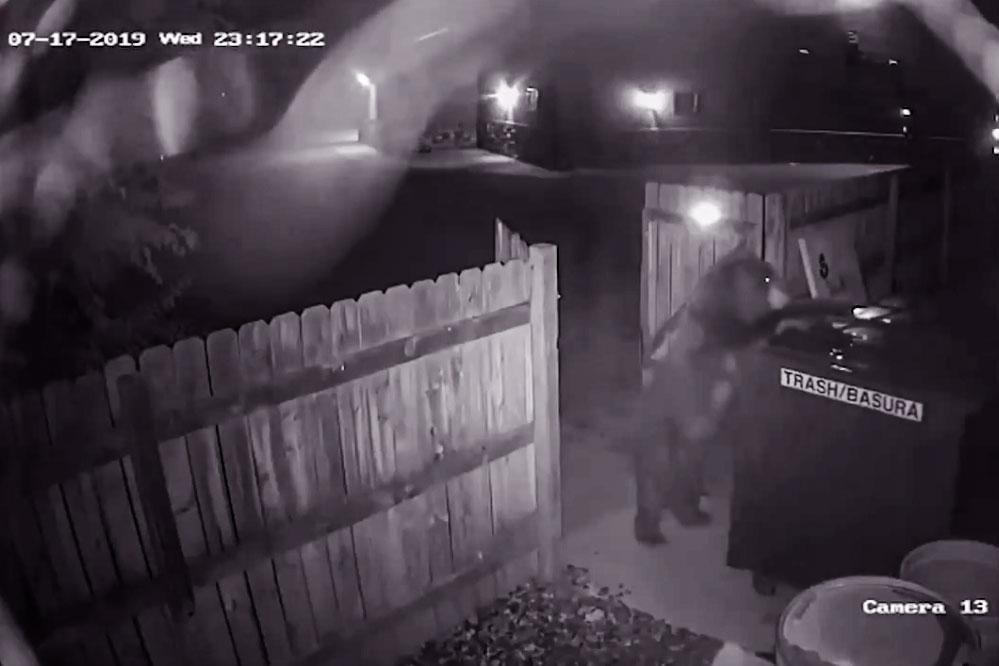
Earlier this month, a restaurant manager in Aspen was bit when he tried to scare a bear out of the restaurant's dumpster.
Not longer after, the restaurant became one of 29 entities fined for not bear-proofing its trash correctly.
It's by far the highest number of citations the department has issued in a single year. In 2018, there were three citations, and the year before that there were 11.
The fines are given to restaurants and homeowners who either don’t have a bear-proof trash receptacle, or have one but haven’t secured it correctly, said Ginna Gordon, community response supervisor for the city of Aspen.
"So what we're really trying to educate the public on is to keep ground floor windows and doors secured and to remove attractants from your home,” Gordon said. “Any fruit-bearing trees, bird seed. Obviously, secure your garbage and be mindful of your dog door.”
Gordon is helping lead the initiative to better educate residents in Aspen. Part of that education is issuing citations, which she does along with other Aspen officers. Human-bear interactions have been steadily increasing since the 90's, Gordon said, and more instruction is necessary to protect people and bears alike.
Colorado Parks and Wildlife manages bear calls at the state level and euthanizes bears that injure people or become too familiar with human areas. The bear that bit the restaurant manager was put down last week. It’s one of 77 bears that have been put down this year, the result of just 2.1 percent of the 3,610 bear calls the agency has fielded this year.
Not all of those euthanizations were because of a human bear interaction, CPW spokeperson Jason Clay said. Some were injured bears, while others may have been killed to protect a landowner’s livestock.
“People play a big role in the safety of our bears,” Clay said in an email. “If we can get residents across the state to secure attractants at their homes and remove them from their cars, then both the public and our bears would be better off.”









